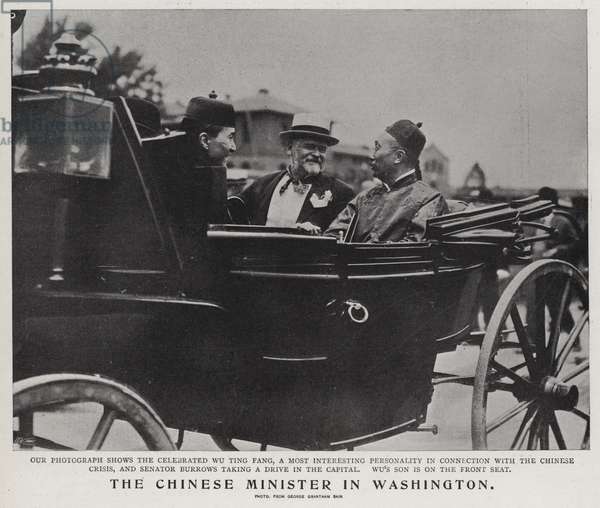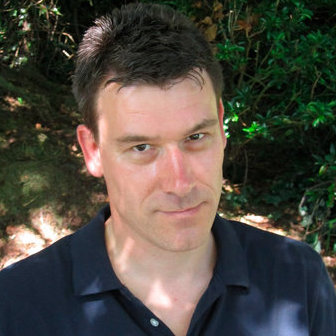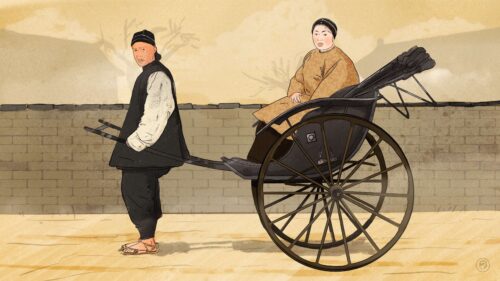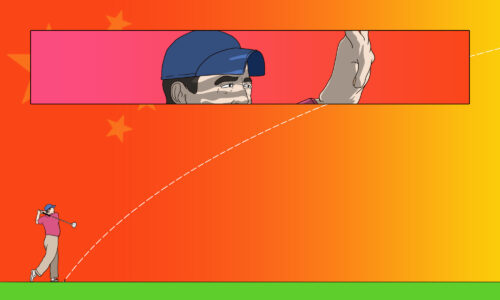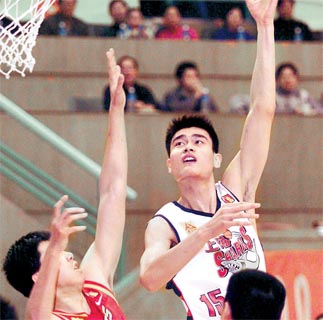This is book No. 28 on Paul French’s Ultimate China Bookshelf.
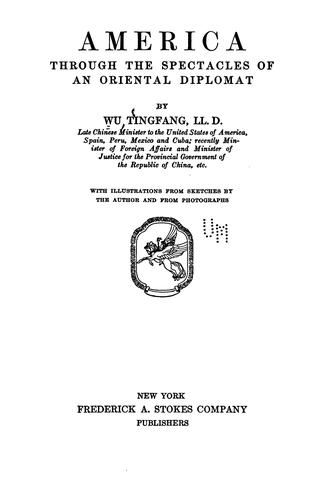
Blurbs:
“Dr. Wu Ting-fang, for many years Chinese minister to the United States, writes as if to describe us to his own countrymen in a way that is thought-provoking as well as drily humorous.”
—Newark Star-Eagle
“The picturesque personality of the late Chinese ambassador to the United States is clearly revealed in this genial series of impressions.”
—Boston Evening Transcript
“America, Through the Spectacles of an Oriental Diplomat discusses everything in American life, from hobble skirts to stock watering, in a style peculiarly his own. The book is well worth reading.”
—The Akron Beacon Journal
“Doctor Wu is not sparing of criticism, however, even if he does temper it with mirth. While giving us credit for being one of the best governed nations on earth, he hesitates not in pointing out our defects, as he sees them, and to suggest immediate reforms.”
—Oakland Tribune
About the author:
Wǔ Tíng-fāng 伍廷芳 (1842–1922) was a Chinese calligrapher, diplomat, lawyer, politician, writer, and, most famously in China, the Minister of Foreign Affairs for the new Chinese Republic in the 1920s and briefly the premier for a couple of months in 1917. Originally from Malacca, Wu was educated in China and then studied for the bar in London at Lincoln’s Inn. He practiced law for a time in Hong Kong and became the first ethnic Chinese member of the colonial Legislative Council (LegCo). In the last years of the Qing dynasty, he served as the Chinese ambassador to the United States, Spain, and Peru. He wrote America, Through the Spectacles of an Oriental Diplomat in English in 1914. He supported the Xinhai Revolution of 1911.
As well as having a career as a politician, barrister, and diplomat, Wu was an ardent cyclist who advocated the bicycle as a great form of transport and exercise, and also an evangelical vegetarian, founding the Rational Diet Society in Shanghai. He even opened a vegetarian restaurant known as Micaili in Shanghai’s Hotel des Colonies in the French Concession (on Jinling Lu). He also campaigned against smoking (largely unsuccessfully).
The book in 150 words:
In America, Through the Spectacles of an Oriental Diplomat, Wu Ting-fang cleverly inverts the standard “Westerner observing the exotic” travel writing formula of the time. Though similar books were later to appear, Wu was really the first high-profile Chinese traveler and writer to attempt this reversal of a standard travel writing trope of the time. Wu’s observations on the U.S. are enlightening and remain as relevant today as the era in which they were written in. While they shed a light on Chinese views of America’s growing economic and innovative power, Wu is of course also commenting on what he sees as the deficiencies and failings (as well as strengths and positives) of Chinese society on the cusp of the new republic. Wu’s book also stands as a snapshot of America on the verge of becoming a world power, a wealthy nation, a country of traffic jams, jazz, aeroplanes, and motion pictures.
Your free takeaways:
Of all nations in the world, America is the most interesting to the Chinese…The people are most ingenious in that they can float a company and water the stock without using a drop of fluid; there are bears and bulls in the Stock Exchange, but you do not see these animals fight, although they roar and yell loudly enough. It is certainly a most extraordinary country. The people are wonderful and are most interesting and instructive to the Chinese.
A reason for America’s success is the great freedom which each citizen enjoys. Every man considers himself the equal of every other, and a young man who is ambitious will not rest until he reaches the top of his profession or trade. Thousands of Americans who were once very poor have become millionaires or multi-millionaires. Many of them had no college education, they taught themselves, and some of them have become both literary and scholarly. A college or university education does not necessarily make a man learned; it only gives him the opportunity to learn. It is said that some college men have proven themselves to be quite ignorant, or rather that they do not know so much as those who have been self-taught. I do not in any way wish to disparage a college education; no doubt men who have been trained in a university start in life with better prospects and with a greater chance of success, but those men who have not had such advantages have doubtless done much to make their country great and prosperous, and they ought to be recognized as great men.
There is, however, one American characteristic my countrymen might learn with profit, and that is the recognition of the fact that punctuality is the soul of business. Americans know this; it is one cause of their success. Make an appointment with an American and you will find him in his office at the appointed time. Everything to be done by him during the course of the day has its fixed hour, and hence he is able to accomplish a greater amount of work in a given time than many others. Chinese, unfortunately, have no adequate conceptions of the value of time.
In Europe and America, dessert forms the last course at dinner; in China this is served first. I do not know which is the better way. Chinese are ever ready to accept the best from every quarter, and so many of us have recently adopted the Western practice regarding dessert, while still retaining the ancient Chinese custom, so that now we eat sweetmeats and fruit at the beginning, during dinner, and at the end. This happy combination of Eastern and Western practices is, I submit, worthy of expansion and extension. If it were to become universal it would help to discourage the present unwholesome habit, for it is nothing more than a habit, of devouring flesh.
Why this book should be on your China bookshelf:
Aside from Wu’s experiences as a diplomat and his knowledge of China, it is really what he thinks of the U.S., as opposed to China (at the time of publication, the world’s newest republic), that makes this book fascinating. For this, readers may wish to skip to Chapter 11: “American versus Chinese Civilization.” Wu doesn’t shy away from the big questions here, the ones the West often paraded against China. Is China civilized? Semi-civilized? Uncivilized? (Those familiar with China of the early 2000s will realize that concerns over being “civilized” or not are still bubbling around the Sinosphere.)
China news, weekly.
Sign up for The China Project’s weekly newsletter, our free roundup of the most important China stories.
Later, Wu tackles other big subjects — why does the West (and here, admittedly, he meant Britain and Europe more than America at the time) feel the need to be imperialist? What are our differing opinions on interracial marriage? Conceptions of patriotism, history, religious beliefs? Wu doesn’t duck a topic, and — having spent time in a 270-year-old dynasty, seen that become a republic as well as having lived in Hong Kong and experienced British colonialism — he is a voice to listen to.
These topics are of course the meat of Wu’s book and important to read, as they are views from over a century ago that resonate today — fears of encirclements, expansionism, rampant patriotism, and warlike nationalism, the chances for peace between the nations (looking very shaky in 1914, obviously), and the mutual ignorance of Americans regarding China and Chinese concerning the United States. But there’s also some lighter and more entertaining fare to be had from Wu, too. American public transport, why dessert is deemed essential, formal dress vs. casual dress, the emergence of the “modern” woman, the hush of an American theater compared with the raucousness of a Chinese opera house, etc.
In addition to aiming to present America to a Chinese audience and observe the differences, similarities, and specific peculiarities of both places, Wu is, to us in 2023, providing a fascinating snapshot of two other things: an Edwardian-era (or, perhaps more accurately, “Gilded Age”) America that is long gone and now quite hard to recapture in our minds, and a newly birthed republic in China considering everything, including how to organize its military, the place its women should occupy, and where it would stand in a global ranking of nations. Wu Ting-fang gives us a snapshot of both places at a time of incredible change for Americans and Chinese alike.
Next time:
From America to Europe — Britain, to be precise. And from just before the First World War to the eve of the Second, which meant that for some Chinese intellectuals sojourning in London in 1937, as Japan attacked China, their status changed from visitors to exiles, and then changed again in 1939, as Britain itself went to war, when they became stranded on an embattled island (though one that was an ally). Among the Hampstead-based circle of artists, poets, playwrights, and journalists, one Chinese man sought to build bridges between Britain and China to show us the absurdities of each and the commonalities to be found at a perilous time for both nations.
Check out the other titles on Paul French’s Ultimate China Bookshelf.
